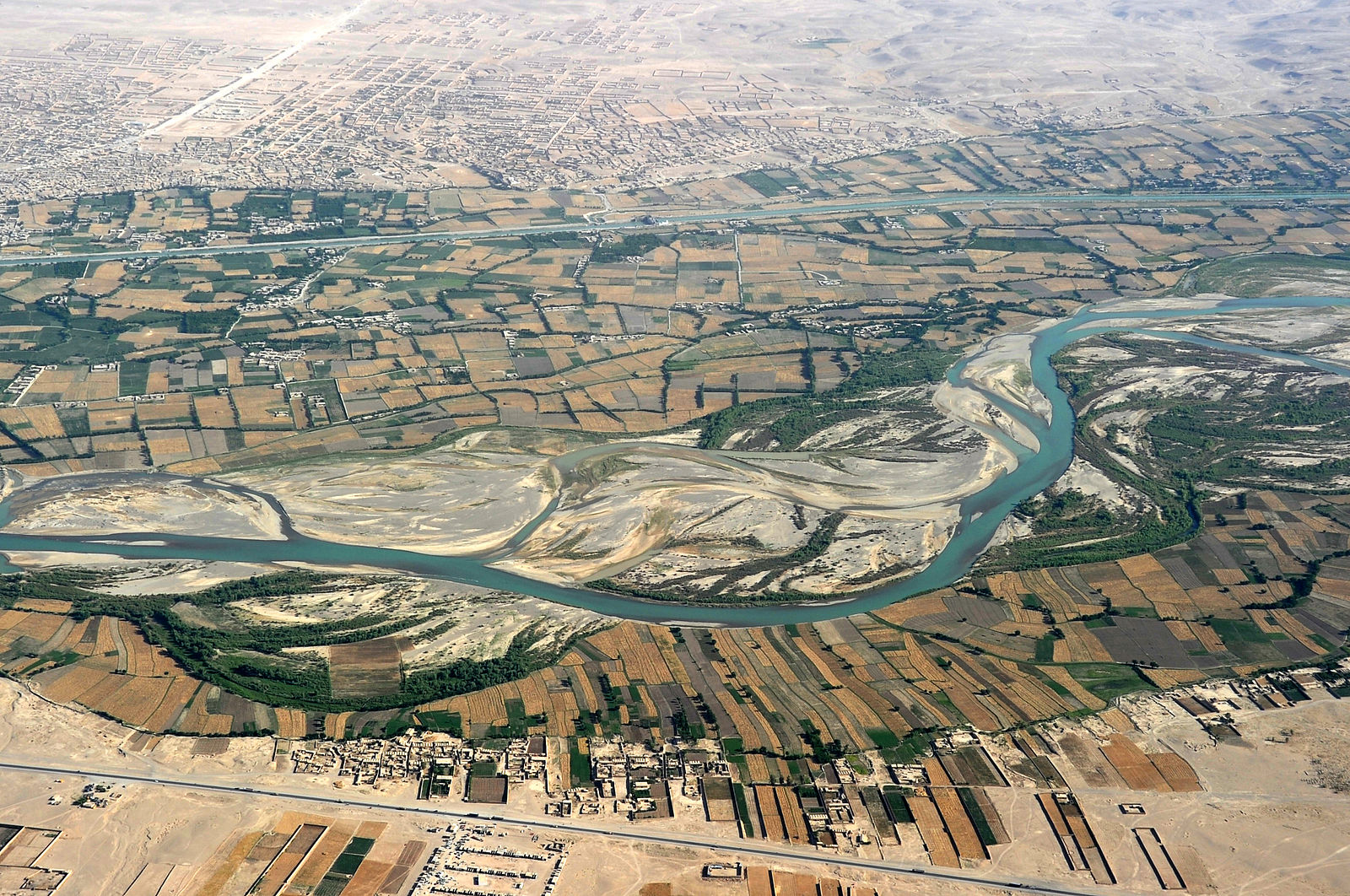Predicated largely on the Pottery Barn rule, implying if “you break it, you buy it,” United States foreign policy in the post-9/11 world has been overwhelmingly committed to nation building. This rule was popularized by Colin Powell in an interview for The Atlantic during the Bush Administration. But wherever the origin of the phrase, the significance of its meaning will remain in the American zeitgeist for well into the future. The defining narrative of American politics over the past decade and a half has been underscored with protracted wars and bloated reconstruction projects in the Middle East. This commitment was reinforced when the U.S.-Afghan Bilateral Security Agreement was signed, providing the legislative adhesive to intertwine our countries for years to come. Unfortunately, our successes in Afghanistan have been fleeting.
Although Afghanistan’s economy is rapidly growing in many sectors, such as agriculture and construction, the regional stability necessary to collect taxes and redistribute wealth has not kept pace. A rugged landmass nearing the size of Texas, the Hindu Kush runs across the northern provinces and provides a natural deterrent to the extension of rule, taxation and government programs. While the economy of the landlocked nation has benefited from the release of Taliban influence, it remains reliant on foreign aid and lacks the necessary regional stability to secure economic growth. However, this may soon change.
Afghanistan is far from a barren waste devoid of resources. Large swaths of mineral deposits were located by U.S. geologists in 2010 to the tune of $1 Trillion in possible revenue. The discovery has the capacity to move the economy from dependence on opium production and foreign aid to becoming a global exporter in minerals like lithium, which is needed for building batteries. Although it could possibly take several decades for mining to take over as the dominant economic platform, countries like China are already investing in the future. In 2009, for instance, Afghanistan’s minister of mines was replaced after reportedly taking a $30 million bribe in exchange for Chinese rights to a copper mine. Proprietors of a state controlled economy, China is moving swiftly to retain its stranglehold on the rare earth market.
Afghanistan’s minerals, which are instrumental in every technological enterprise from surface-to-air missiles to automobiles, are primed to provide an alternative to the Chinese monopoly that currently holds more than 90 percent of the world’s supply. With the future of U.S. National Security permanently intertwined with technological growth, and technological production in turn intertwined with the availability of mineral resources, the importance of Afghanistan goes beyond its geopolitical position in the crossroads of Asia.
However, despite the prosperity that mining could provide for the country, it, too, has the potential to be plagued by internal exploitation. The corruption that riddles Afghanistan’s government could leak wealth indirectly and fund terror groups already present in the country. ISIS has been known to take advantage of natural resources in Iraq and Syria in an effort to grow capital from illegal oil exports through Turkey. As was the case with ISIS’ oil exports and the Taliban’s capitalization on the Afghan opium trade before that, improperly regulated wealth inevitably slips into the wrong hands.
Kyle Rempfer is a sophomore government & politics and Russian major. He can be reached at krempfer@terpmail.umd.edu.



